When Farmhand Automation set out to create autonomous micro-tractors to help small farmers grow their business, they quickly realized they needed a low cost, open source CAN/Modbus alternative. After creating an initial prototype, Farmhand Automation's founder, Alex Jones, reached out to SparkFun to design a custom board to meet their needs. By collaborating with SparkFun, Farmhand Robotics was able to turn their vision into reality. The QwiicBus MidPoint and QwiicBus EndPoint delivered exactly what Farmhand was looking to create - scalable, differential I2C communication across multiple devices that integrates power and data communication over ethernet.
“The biggest benefit this project has is that we can have secure data connections with open source sensors that already have Arduino libraries and drivers written. We knew the sensors we wanted to use, but as soon as you need to communicate over long distances in noisy environments things get complicated. The Qwiic Midpoint is going to solve a lot of that headache.” - Alex Jones, Farmhand Automation
One collaboration; three products
Through a partnership on custom development, SparkFun and FarmHand Automation co-created three new products:
Precision agriculture
Over the years, many farms and ag tech companies have used SparkFun parts for building DIY systems or prototypes. We took a look at how those parts were being used and put together a page that provides uses cases and consolidates parts used in remote monitoring, environmental monitoring AND data collection, geolocation, and automation. Take a look!
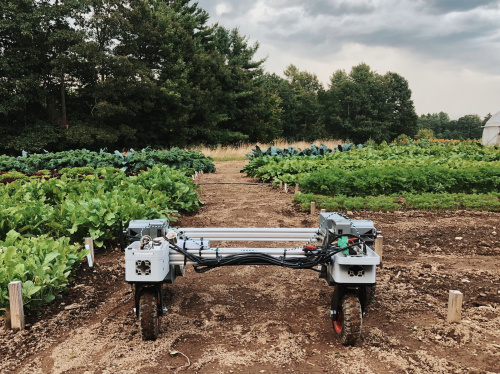
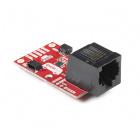
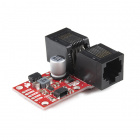
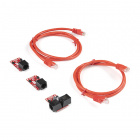
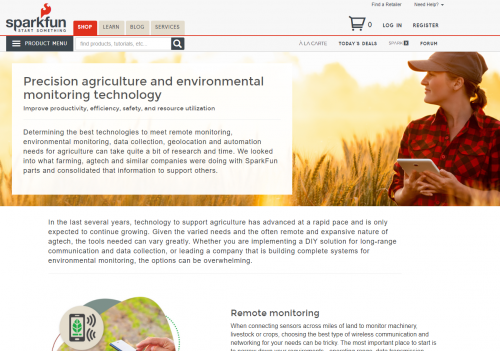






One of the things that has my curiousity up is that there is no mention made of what sort of implements will be attached to the Farmhand Automation autonomous micro-tractor. Clearly it's not going to be able to use traditional 3-point hitch implements such as those from, say, John Deere. A tractor without implements is basically just another off-road vehicle. Although having one running around will do a little bit towards disrupting weed growth, it's not going to be a lot. Also, with all the verbiage about "organic farming", I would imagine that sprayers are going to be fairly far down the list.